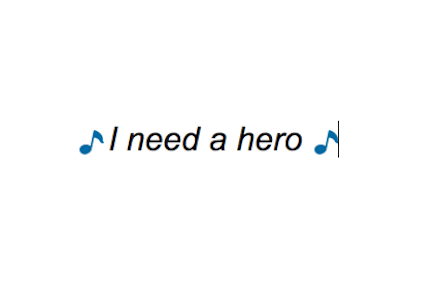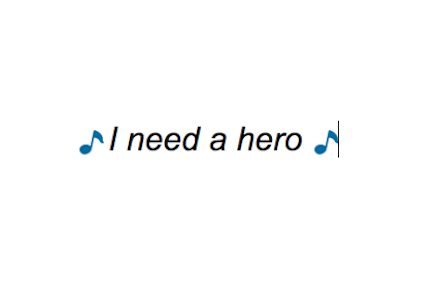Advertisement
This Small Change In How You Support A Stressed Partner Can Make A Huge Impact

When someone you love is going through a stressful or anxious experience, it's easy to feel helpless. It can be unclear exactly how to effectively comfort that person and whether your support is actually helping. You want to be there for them, but you also don't want to say or do the wrong thing and accidentally make things worse. Fortunately, new research sheds some light on exactly what kind of assistance might actually help reduce a partner's stress: The key is making sure your person perceives they're being supported—rather than actually receiving that support.
Sound counterintuitive? It actually makes a lot of sense when you look at the research.
The study, published in the Journal of Personality and Social Psychology, looked at worried people waiting for big news—like the results of a medical test or a decision after a big job interview—and how they responded to support from their romantic partners. The researchers found that when people perceived that their partners were attuned to their needs during this trying time, they were better able to manage their expectations and experienced a bunch of positive benefits. Meaning: Their stress decreased, they slept better, they generally felt healthier, and their emotions were simply more positive.
Perceiving a partner's care can be even more powerful than actually receiving caring acts, past research has found. Tangible gestures can even add to someone's stress because of the way the act of receiving triggers emotional responses related to helplessness for some people.
"Sometimes, when we receive support from another person, it affects us in some negative ways—we might feel needy, or incompetent, or emotionally unstable," Katy Sweeny, Ph.D., a UCR psychology professor and co-author of the new study, said in a press release. "In contrast, simply feeling like you have support without actually asking for it or noticing that it's being delivered is almost universally beneficial."
If you're trying to support someone you love through a period of uncertainty, simply letting them know you're there—without trying to get too involved, give too much advice, or baby them—could be the most effective way to help. Research suggests that it's best to reaffirm their strength and their ability to get through this, and let them know you're there if they need it. When they do reach out for comfort, be responsive and make sure they feel seen, understood, and validated in their emotions. This small shift in tone and manner of delivery can make a huge difference in how your care actually affects their well-being.
One more important tip: The stressed partners in Sweeny's study perceived the most support from their partners during the beginning and end of the waiting period (in this case, waiting for law bar exam results), which means they felt a dip in that support in the middle. So remember to check in, particularly in that middle stretch, to make sure your partner still knows you haven't forgotten what they're going through and that you're ready to help if they need it.
Watch Next
Enjoy some of our favorite clips from classes
Enjoy some of our favorite clips from classes
What Is Meditation?
Mindfulness/Spirituality | Light Watkins
Box Breathing
Mindfulness/Spirituality | Gwen Dittmar
What Breathwork Can Address
Mindfulness/Spirituality | Gwen Dittmar
The 8 Limbs of Yoga - What is Asana?
Yoga | Caley Alyssa
Two Standing Postures to Open Up Tight Hips
Yoga | Caley Alyssa
How Plants Can Optimize Athletic Performance
Nutrition | Rich Roll
What to Eat Before a Workout
Nutrition | Rich Roll
How Ayurveda Helps Us Navigate Modern Life
Nutrition | Sahara Rose
Messages About Love & Relationships
Love & Relationships | Esther Perel
Love Languages
Love & Relationships | Esther Perel












